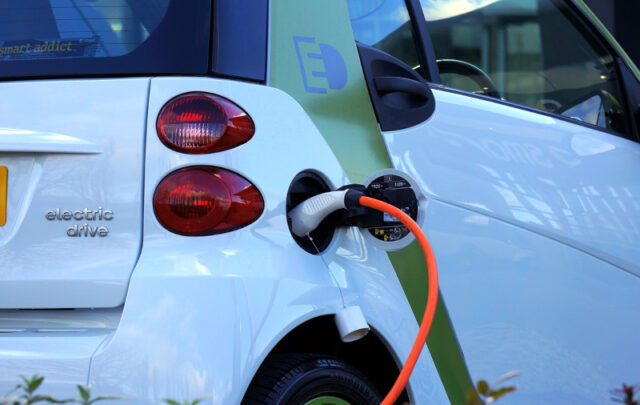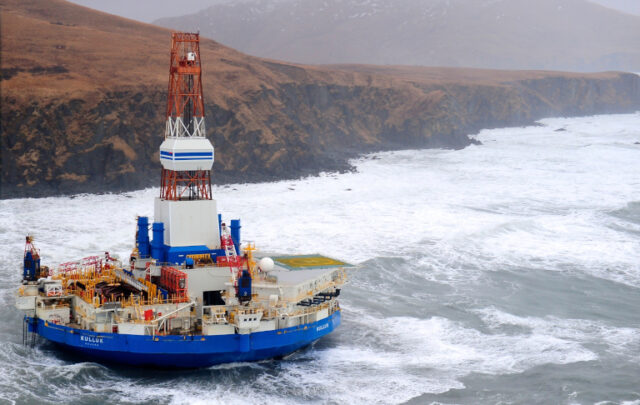Click on the headline (link) for the full text.
Many more articles are available through the Energy Bulletin homepage
‘Eco-Therapy’ for Environmental Depression
Bryan Walsh, Time
…A new and growing group of psychologists believes that many of our modern-day mental problems, including depression, stress and anxiety, can be traced in part to society’s increasing alienation from nature. The solution? Get outside and enjoy it.
While traditional psychotherapists focus their treatments on the patient’s interior — whether through pharmaceuticals like Prozac, mindfulness practices like meditation, or old-fashioned couch-bound therapy by the hour — practitioners of the burgeoning field of eco-therapy believe that patient care must include time spent in the great outdoors. “It’s psychotherapy — as if nature really mattered,” says Linda Buzzell-Saltzman, a psychologist and the founder of the International Association for Ecotherapy, which currently lists slightly more than 100 official members.
Eco-therapists point out that human beings have evolved in synchrony with nature for millions of years and that we are hard-wired to interact with our environment — with the air, water, plants, other animals. But in the past two centuries, beginning with the Industrial Revolution, people have been steadily removed from the natural world, our lives regulated not by the sun or moon but instead by the factory clock. Recently it’s gotten worse, with the rise of the Internet and other technologies, like iPhones and BlackBerrys, that dominate our lives, pushing us even further from any appreciation of our natural surroundings.
…”We began to get the impression that we were somehow above and separate from nature,” says Craig Chalquist, an instructor at John F. Kennedy University in San Francisco and co-editor with Buzzell-Saltzman of the new book Ecotherapy: Healing with Nature in Mind.
(28 July 2009)
Writers featured in the book include the likes of Bill McKibben, Theodore Roszak, Joanna Macy, and EB contributors Richard Heinberg and Shepherd Bliss.
Saving the planet, one block, one small project at a time
Mary Rothschild, Seattle Times
…From Bellingham to Olympia, from Burien to Ballard, neighbors are organizing low-budget programs designed to grow food in their backyards, get people out of their automobiles, switch to low-energy light bulbs — anything that encourages energy conservation and discourages oil consumption.
On a wintry day in January, Dave Reid loaded some 700 pounds of freshly harvested organic vegetables into the cabin of his 27-foot sailboat in Sequim Bay, hoisted his sails and rode an outgoing tide into the Strait of Juan de Fuca, bound for Seattle. Over the next two days, Reid sailed on quirky winds, dodged state ferries, scooted past Chinese container ships and even encountered a mammoth Trident submarine before eventually docking at Shilshole Bay. That’s where his customers showed up to collect their allotments of herbs and greens.
In an economy that usually rewards speed and efficiency, Reid’s carbon-free voyage gives new meaning to tilting at windmills. It took 36 hours to make a trip a small truck could have accomplished in two hours. And his 700 pounds amounted to a minuscule percentage of the food consumed in Seattle that day.
But Reid and his collaborators in the regional sustainability movement are dead serious about the idea of transporting goods by sailboat. It’s an idea that’s less about straight-from-the-farm spinach and arugula than it is about proving that just about anything can be moved from Point A to Point B without burning a drop of oil. To make that work on a larger scale, he says, the effort must start small. Instead of waiting for President Obama or the Ford Motor Co. to conserve energy, he’s taking action now, riding on the belief that individuals and neighborhoods must take matters into their own hands.
…But Reid’s voyage is an example of a new wave of efforts that spring not from City Hall or the Statehouse but from neighborhoods and small towns. From Bellingham to Olympia, from Burien to Ballard, neighbors are organizing low-budget programs designed to grow food in their backyards, get people out of their automobiles, switch to low-energy light bulbs — anything that encourages energy conservation and discourages oil consumption.
…Fueled by such optimism, community groups have begun to trade ideas via yet another new grass-roots organization with the acronym SCALLOPS, for Sustainable Communities All Over Puget Sound. Like its constituent groups, SCALLOPS has no paid staff, no office, virtually no budget and no political authority. Still, it’s now more than 60 groups strong, organizing with volunteers around kitchen tables and on the Internet.
(2 August 2009)
Submitted by Sustainable Ballard member Kathy Pelish.
India pays couples to put off having children
Gethin Chamberlain, The Guardian
Thousands of couples in India who agreed to put off having babies for at least two years after their wedding will collect cash payments this month as health officials attempt to curb the country’s rapidly growing population.
While neighbouring China shows the first signs of relaxing its strict policy of one child per couple in the face of an ageing population, India is searching for a way of restricting the size of families as the battle over scarce resources grows.
The country’s population stands at 1.2 billion and is expected to reach 1.53 billion by 2050. But increasing pressure on resources means that there is barely enough water and food to go round.
A pilot project in the Satara district of Maharashtra has proved a success and other states, including Delhi and Assam, are now considering cash incentives.
(2 August 2009)





